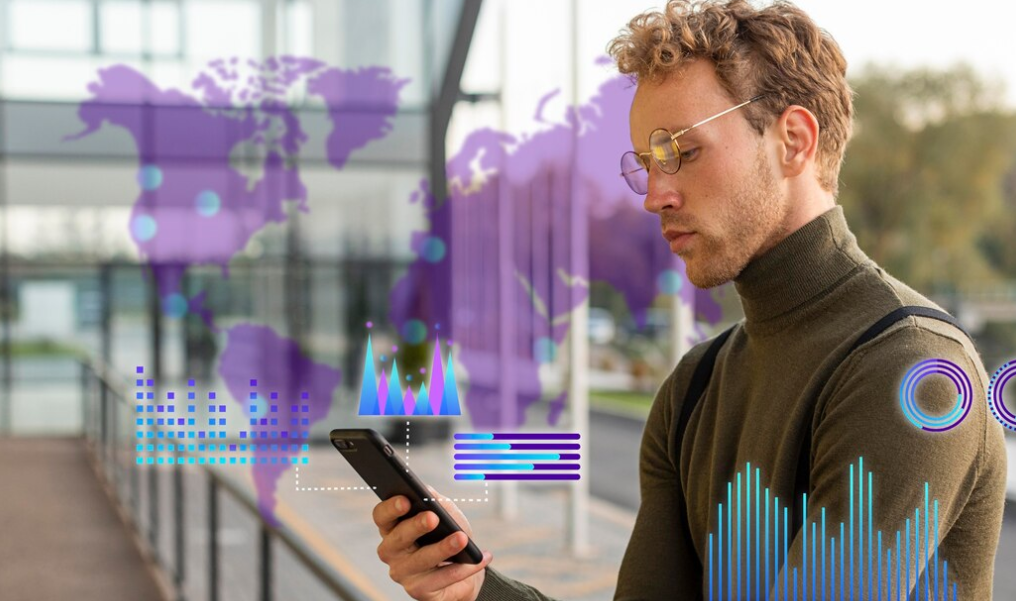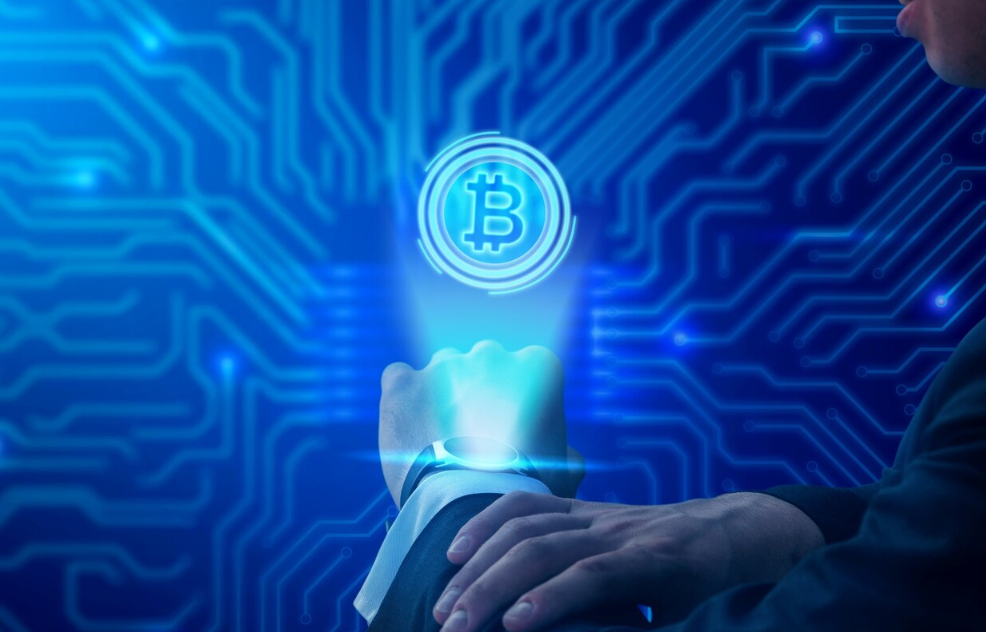Artificial Intelligence (AI) is no longer a futuristic concept—it’s an active force reshaping industries, economies, and the nature of work itself. As AI technologies become more sophisticated, their influence on the workforce continues to expand. From automating routine tasks to enabling entirely new professions, AI is poised to redefine what employment means in the 21st century.
Automation: The End of Routine Jobs?
One of the most immediate impacts of AI is the automation of repetitive and predictable tasks. Roles in manufacturing, data entry, customer support, and logistics are increasingly being handled by intelligent systems that can perform with greater efficiency and fewer errors than humans.
According to a report by the World Economic Forum, up to 85 million jobs could be displaced by machines by 2025. However, this same report also notes that 97 million new roles may emerge, many of which will be powered by advances in AI and automation.
Human-AI Collaboration: A New Workforce Model
Rather than entirely replacing human workers, AI is more likely to augment human capabilities. In healthcare, for instance, AI can analyze medical images faster than radiologists, but it still requires a human doctor to make nuanced decisions and provide compassionate care. In software development, AI tools help write code, detect bugs, and even suggest optimizations, allowing developers to focus on creative problem-solving.
This model of collaborative intelligence—where humans and machines work together—will become increasingly common. Employees will need to adapt by developing new skills that emphasize creativity, emotional intelligence, critical thinking, and technological literacy.
The Rise of New Professions
As AI evolves, it will also create demand for entirely new professions. Roles such as AI ethicist, data curator, prompt engineer, and machine learning operations (MLOps) specialist are already emerging. These careers require a blend of technical knowledge, ethical awareness, and human-centric thinking.
Furthermore, industries like entertainment, education, and mental health are seeing novel applications of AI, which will generate unique opportunities for employment. Virtual tutors, AI-generated content designers, and personalized wellness coaches are just a few examples of jobs that did not exist a decade ago.
Lifelong Learning and Reskilling
To thrive in an AI-driven economy, workers must adopt a mindset of continuous learning. Traditional education models are giving way to flexible, on-demand learning platforms that allow individuals to reskill rapidly. Governments and organizations will need to invest heavily in education reform and workforce development to ensure that citizens are not left behind.
Corporate training programs, micro-credentials, and partnerships with tech firms will become essential tools in preparing workers for future roles.
Challenges and Ethical Considerations
The transformation brought by AI is not without challenges. Concerns about job displacement, wage inequality, data privacy, and algorithmic bias must be addressed through thoughtful policy and regulation. AI must be developed and deployed responsibly to ensure that its benefits are shared broadly across society.
Moreover, the psychological impact of job insecurity and the shifting identity of work should not be underestimated. As roles evolve, society must redefine purpose and meaning in employment beyond economic utility.
Conclusion
AI is fundamentally altering the employment landscape. While it will undoubtedly displace some roles, it will also create new opportunities and foster innovation in ways that are just beginning to be understood. The future of work will be shaped not by AI alone, but by how humanity chooses to integrate and govern this transformative technology. Those who embrace adaptability, continuous learning, and ethical responsibility will be best positioned to succeed in the AI era.


